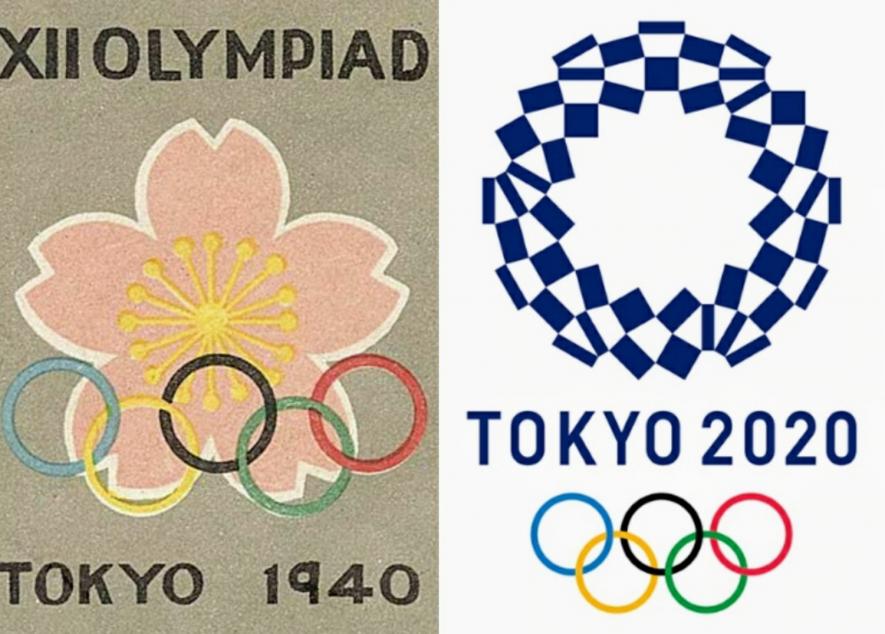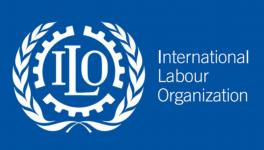Tokyo 2020 and the Missing Olympics Jinx

Japan has spent an estimated $25 billion to $30 billion preparing for the Tokyo Olympics, a cancelled Olympics, reminiscent of the Missing Olympics (1940 Games) could be catastrophic to their economy and will also have global repercussions.
A sword dangles over the Tokyo Olympics, originally scheduled to be held from July 24 to August 9 this year. With the global escalation of the Coronavirus crisis, sport is under lockdown. But the International Olympic Committee (IOC) and the Tokyo Games organisers are still in wait-and-watch mode even though the fate of the sporting festival looks bleak with every passing day. If the Olympics get postponed, or cancelled altogether, it would be deja vu for Tokyo, which was also the original host of what is now referred to as the Missing Olympics — the 1940 Games which was cancelled due to the Second World War.
While the root causes for the cancellation of Tokyo 1940 and possible cancellation of Tokyo 2020 are different, on both occasions the world was bracing for war. Beyond that, there are many parallels about the Missing Olympics of 1940 and the Recovery Olympics of 2020.
To start with, there are eerie similarities between the events that served as a primary motive for Tokyo to bid for the Olympics. The sense of deja vu begins there.
Also Read | PK Banerjee: Leader, Gamechanger, Indian Football Legend
The 1940 Summer Games was an effort to portray that Japan had risen from the devastating earthquake which shattered the country in 1923. This time around, the Olympics is an effort to showcase its recovery from the triple disaster of 2011— earthquake, tsunami and a nuclear meltdown.
Back then, Japan launched its bid in 1932. 1940 would also coincide with the 2600th anniversary of the Japanese monarchy. The island nation found itself competing against Rome and Helsinki during the bidding process. Rome backed out first, and then, with the help of Italian fascist dictator Benito Mussolini (who was Japan's ally at the time), Tokyo won the hosting rights, garnering 37 votes against the 26 Helsinki managed.
However, things were falling apart for Japan on other fronts. Even before Japan placed the Olympic bid, it invaded Manchuria in 1931 (a Chinese province). Two years later, with pressure mounting, Japan withdrew from the League of Nations as well. The Olympic bid, therefore, was also an attempt to shore up international diplomacy, according to Asato Ikeda, assistant professor at Fordham University, New York, who has done extensive research on the 1940 Games.
The bid was “part of its international cultural diplomacy in order to ameliorate the relationship with the Western democratic nations, especially Britain and the United States,” Ikeda wrote in an essay in the Asia-Pacific Journal.
Needless to say, international pressure mounted on Japan, while within its borders, there was demand for resources to be diverted towards the military. Also, there were concerns that Tokyo 1940 might get boycotted by Britain and the United States since the two western powers were vehemently against Japan's war campaigns in the far east.
Also Read | Global Virus vs the Global Game: How Will Community Football Clubs Survive?
Just like what the situation is in 2020, Japan insisted the show must go on. But by 1938, they backtracked, forfeiting the hosting rights stating "the trouble with China" had made hosting an impossible task.
Fast forward to 2020, dilly dallying about the fate of the Games are on, akin to the situation that played out just before the Second World War. The Coronavirus (Covid-19) pandemic has over 1,000 confirmed cases in Japan. The dream of hosting the Olympics shrinks with the rise in the number of cases, not just in Japan, but across the world. While the postponement or cancellation of the Games would be tragic for athletes, the economic toll on the organisers, stakeholders and sponsors will be huge as well.
From insurance companies to the Japanese government and the IOC, all the stakeholders have invested a lot. Pre-pandemic estimate of spend on the Olympics was somewhere around $25 billion to $30 billion, and corporate backing for the Games reportedly broke records with each of the Games' 15 "Gold" sponsors, including Canon, Mizuho, and Nomura, paying $100 million to procure the rights.
If things get tricky for Tokyo, London, which hosted the Games in 2012, volunteered to host the Olympics. London Mayoral candidate Shaun Bailey has also asserted that the city “can host the Olympics in 2020” and the world “might need us to step up”. This offer was much before the escalation of the crisis. As we know now, no city or country is immune. In any case, at the time, Tokyo governor Yuriko Koike had criticised the “inappropriate” offer from London.
As of now, things hang by a fine thread and a prayer, quite literally.
Japanese president Yoshirō Mori admitted he is praying for the Coronavirus to “vanish”. The Tokyo jinx, meanwhile, hangs around as a sinister and low-lying cloud. Will we see another Missing Olympics in Tokyo?
Get the latest reports & analysis with people's perspective on Protests, movements & deep analytical videos, discussions of the current affairs in your Telegram app. Subscribe to NewsClick's Telegram channel & get Real-Time updates on stories, as they get published on our website.
























